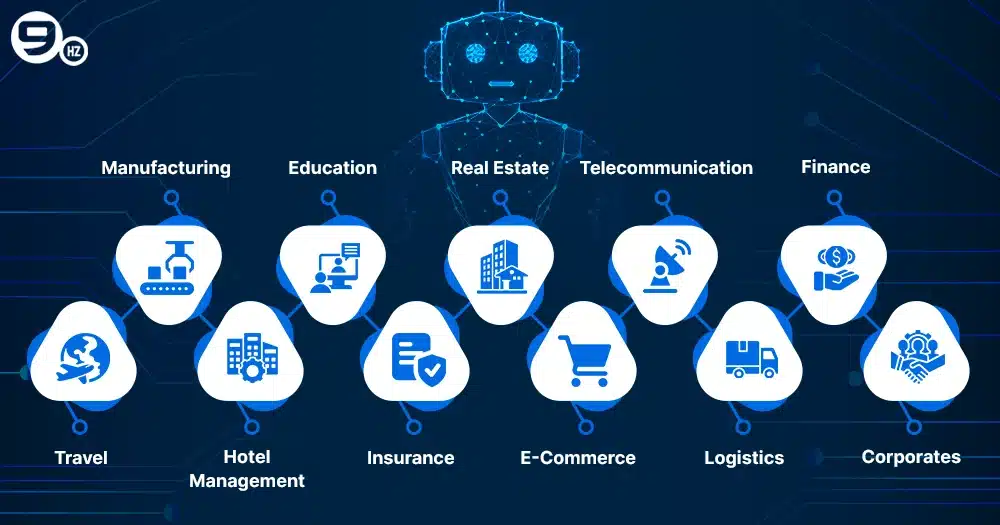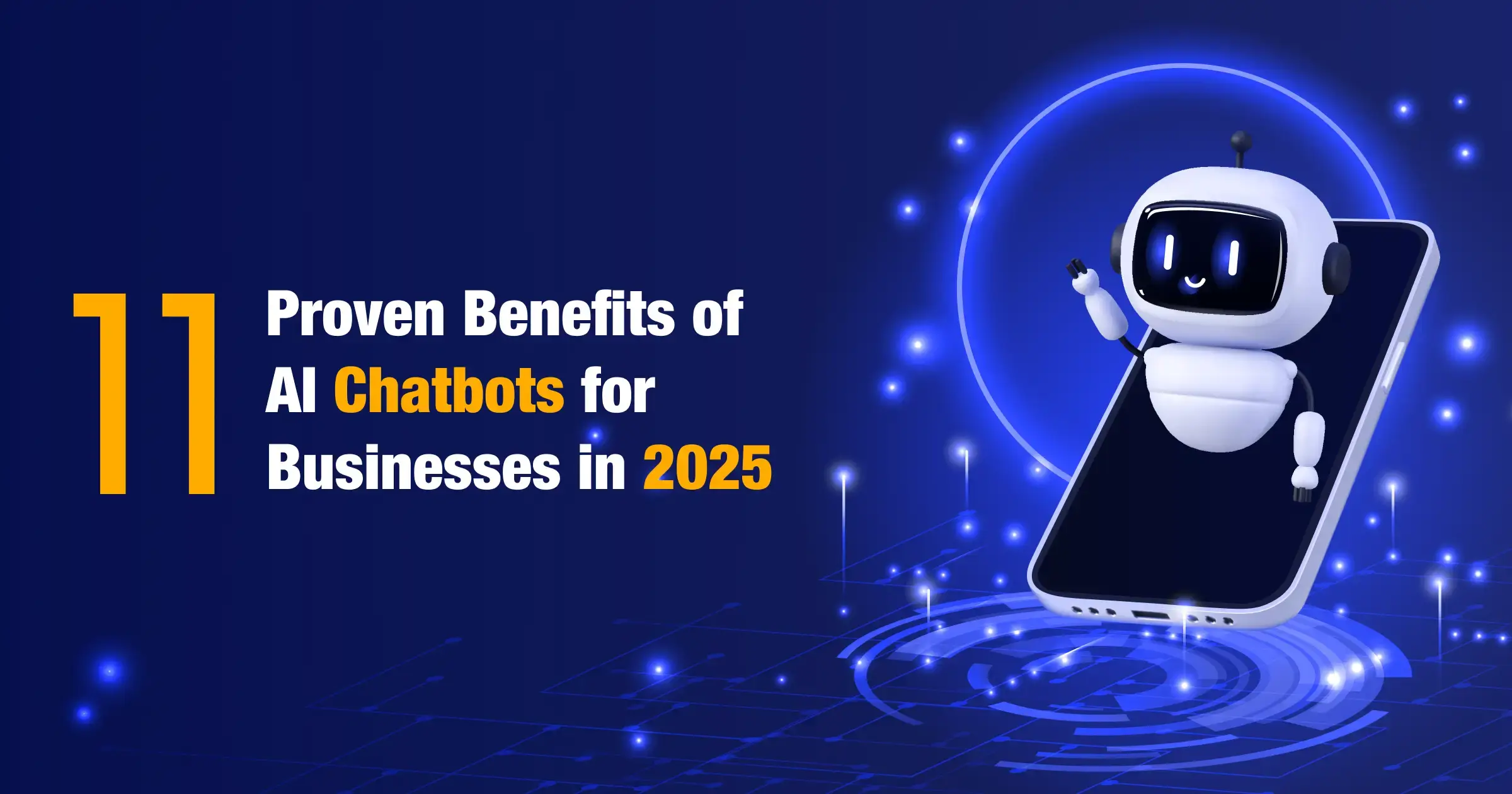AI-Powered Chatbots
(2025-10-03T03:52.106Z)
Perplexity Query
(2025-10-03T03:52
.106Z)
Question:
Write a comprehensive one-page article about "AI-powered chatbots".
AI-powered Chatbots: Revolutionizing Digital Interaction
Introduction
AI-powered chatbots are software systems that utilize artificial intelligence (AI), including natural language processing and machine learning, to simulate human-like conversations.
[h03vzq]
[zo2a0h]
They represent a significant advancement in the way organizations interact with users, providing instant, scalable, and personalized responses across websites, apps, and messaging platforms. Their emergence is transforming customer service, sales, and internal workflows, making digital communication faster and more efficient than ever. Conversational AI

Main Content
The core concept of an AI-powered chatbot is its ability to automate and refine conversations between humans and digital systems, using technology to understand queries, analyze intent, and provide relevant responses.
[h03vzq]
Advanced chatbots continuously learn from each interaction, improving their accuracy and effectiveness over time. By leveraging vast data repositories, they adapt to user preferences and offer personalized recommendations.
Practical examples and use cases include customer support on e-commerce sites, where chatbots answer common questions, assist in navigation, and recommend products.
[dwq1i3]
In financial services, they deliver real-time support, help users manage accounts, and provide instant responses to inquiries. In education, chatbots help students access information about courses or campus events and offer barrier-free, multilingual communication channels.
[dwq1i3]
[zo2a0h]
In the manufacturing sector, chatbots coordinate communication with suppliers, assist in scheduling, and resolve maintenance queries, increasing efficiency.
[dwq1i3]
[zo2a0h]
The benefits of AI-powered chatbots are substantial:
- Scalability: Chatbots can manage thousands of concurrent conversations, providing reliable service during peak periods without delays. [zo2a0h]
- Personalization and consistency: By drawing on user data and history, chatbots offer tailored guidance, ensuring consistent, branded experiences across channels. [h03vzq]
- Data insights: Each interaction provides valuable analytics about customer preferences and pain points, enabling organizations to enhance offerings. [h03vzq]
However, there are challenges and considerations as well. AI chatbots sometimes struggle with complex or ambiguous queries, requiring seamless escalation to human agents for resolution.
[h03vzq]
Maintaining high-quality conversation flow and addressing privacy concerns about data collection remain important considerations. Ensuring inclusivity, such as providing multilingual and accessible options, is also essential for broad adoption.
[dwq1i3]

Current State and Trends
AI-powered chatbots are now widely adopted across industries, including e-commerce, finance, tourism, energy, education, manufacturing, and publishing.
[dwq1i3]
[zo2a0h]
More than 100 companies from diverse sectors rely on them for daily operations.
[dwq1i3]
Notable technologies driving this market are conversational AI platforms integrating deep learning, NLP, and cloud-computing. Leading vendors include Google Dialogflow, IBM Watson Assistant, Microsoft Bot Framework, and newcomers like moinAI.
[dwq1i3]
Recent advances have focused on multilingual support, omnichannel integration, and real-time data analytics, making chatbots smarter and more versatile.
Automation and self-service tools are steadily replacing traditional support channels, with chatbots acting as frontline communicators and data collectors for continuous business improvement.
[zo2a0h]
The next wave emphasizes improved user sentiment analysis, proactive support, and integration with other AI systems for business intelligence.
[h03vzq]
Future Outlook
Looking ahead, AI-powered chatbots are expected to evolve into even more sophisticated digital assistants with emotional intelligence, advanced contextual understanding, and seamless voice interaction. They will play a pivotal role in digital transformation, reshaping customer engagement, enterprise support, and everyday user experiences. As underlying AI technology progresses, chatbots will likely become indistinguishable from human agents, impacting how businesses operate and interact globally.

In summary, AI-powered chatbots are redefining how organizations communicate, automate workflows, and serve users. Their ongoing evolution promises smarter, more natural conversations and transformative business impact in the years ahead.
Citations
[h03vzq] 2025, Oct 02. AI Chatbot: Definition, Examples, and Use Cases - DevRev. Published: 2025-06-25 | Updated: 2025-10-02
[dwq1i3] 2025, Oct 03. What is an AI Chatbot? Definition, Benefits, Function - moinAI. Published: 2025-09-30 | Updated: 2025-10-03
[zo2a0h] 2025, Oct 02. Top 20 Benefits of AI Chatbot in 2025 - The NineHertz. Published: 2025-06-12 | Updated: 2025-10-02
[5]: 2022, Jan 01. 9 Benefits of Artificial Intelligence (AI) in 2025 | University of Cincinnati. Published: 2022-01-01
[6]: 2025, Jun 16. AI Chatbot Examples, Benefits, and Future Trends - TechnologyAdvice. Published: 2025-04-24 | Updated: 2025-06-16
[8]: 2025, Oct 02. AI Chatbots: A Comprehensive Guide [2025] - The Intellify. Published: 2025-01-09 | Updated: 2025-10-02
[9]: 2025, Oct 03. Top 22 benefits of chatbots for businesses and customers - Zendesk. Published: 2025-08-07 | Updated: 2025-10-03